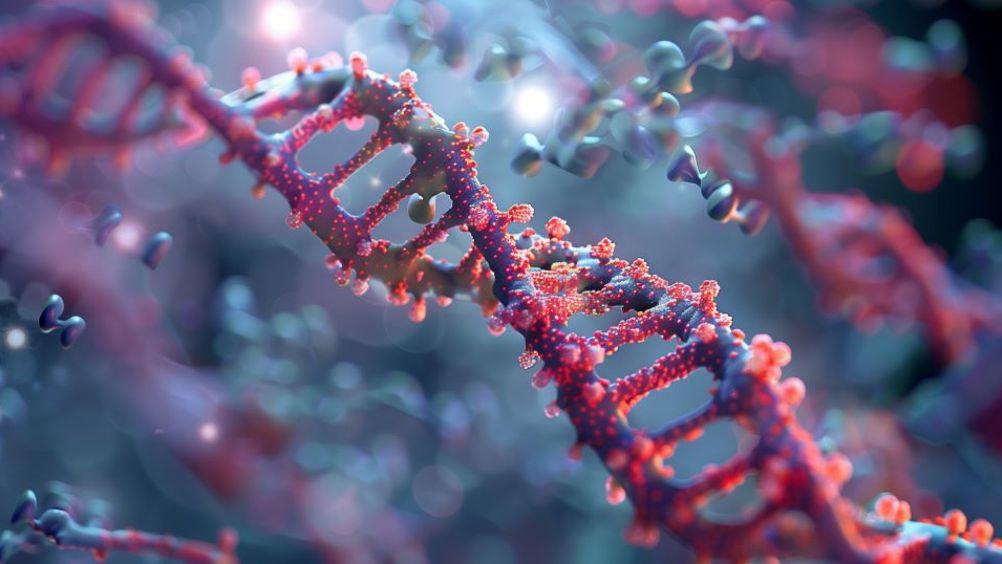AI helping in diagnosis of rare diseases
Researchers are using advanced technology and artificial intelligence (AI) to diagnose rare diseases and prenatal exposure-related birth abnormalities.

Detailed in the American Journal of Human Genetics and Genetics in Medicine, the research from Canada's London Health Sciences Centre (LHSC) and Lawson Health Research Institute uses technology called EpiSign, which was developed by Dr Bekim Sadikovic, a Lawson Scientist at LHSC.
EpiSign leverages AI to measure a patient’s epigenome, which is a unique chemical fingerprint that is responsible for turning genes on or off. EpiSign can currently be used to help diagnose over 100 genetic diseases that were previously difficult to diagnose.
In one of two newly published studies, Dr Sadikovic’s team has found that EpiSign can be used to accurately identify patients affected by birth disorders called recurrent constellation of embryonic malformations (RCEMs).
Since their discovery, attempts to identify the cause and specific diagnostic markers for RCEMs have been unsuccessful, making it challenging to provide patients and families with accurate diagnoses. EpiSign can now be used to accurately identify RCEMs for the first time using a blood test.
Register now to continue reading
Thanks for visiting The Engineer. You’ve now reached your monthly limit of news stories. Register for free to unlock unlimited access to all of our news coverage, as well as premium content including opinion, in-depth features and special reports.
Benefits of registering
-
In-depth insights and coverage of key emerging trends
-
Unrestricted access to special reports throughout the year
-
Daily technology news delivered straight to your inbox










UK Enters ‘Golden Age of Nuclear’
The delay (nearly 8 years) in getting approval for the Rolls-Royce SMR is most worrying. Signifies a torpid and expensive system that is quite onerous...